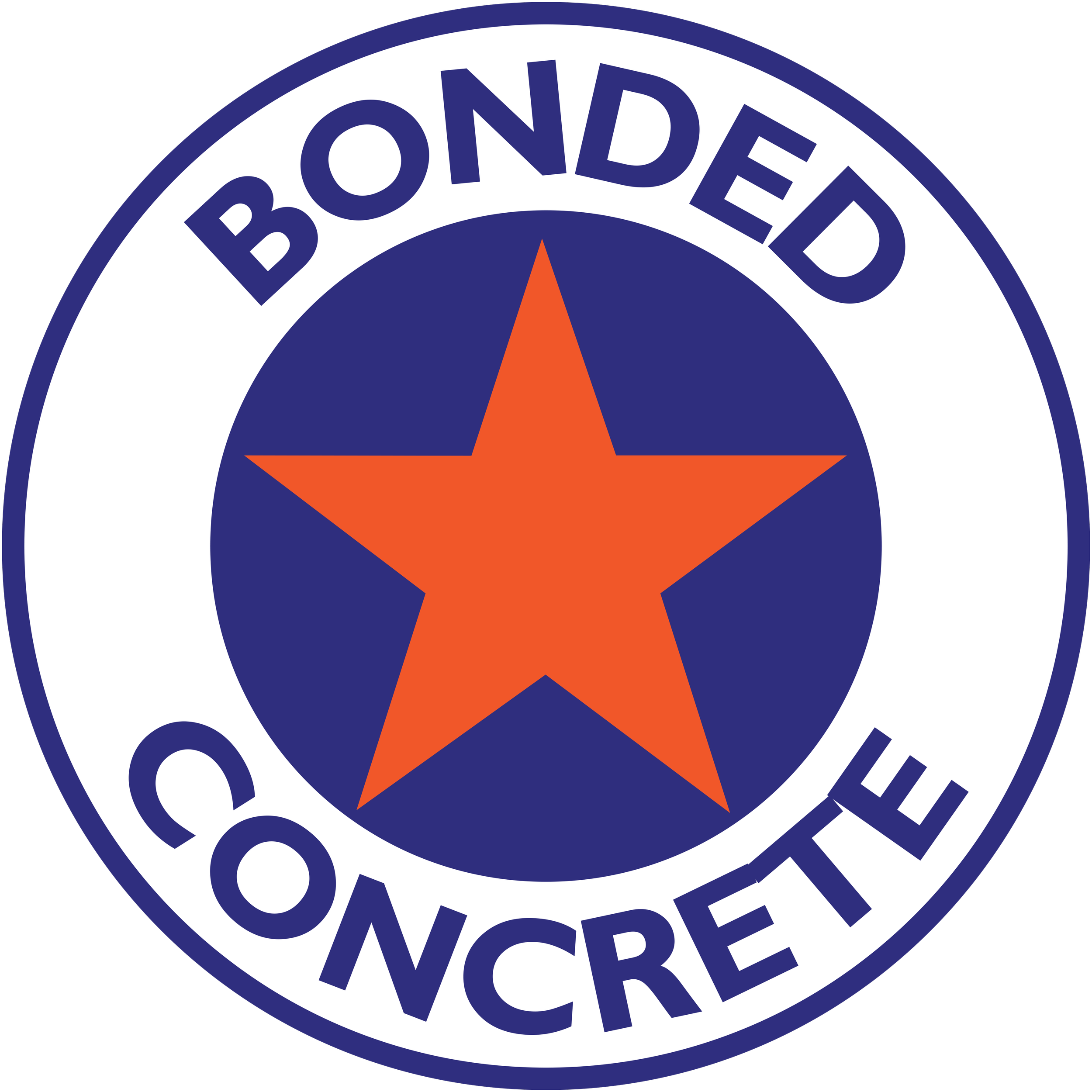Concrete Homes & Buildings
Have you ever seen a concrete home? Chances are, you have – possibly without realizing it. In fact, concrete homes now account for nearly 15-25% of all new homes built. Builders and homeowners can design concrete homes to look just like traditional wood-frame homes, but with the added benefits of a more durable material and other great advantages.
Homeowners with concrete homes enjoy the following benefits:
A quieter/more comfortable atmosphere
Homes built with insulated concrete walls reduce both heat and noise penetration from the outside. The barrier formed by insulated concrete forms cuts the amount of outside air from entering the home by up to 75%, creating more even temperatures, fewer drafts, and less smog seepage. Compared to traditional wood frame houses, the weight and mass of concrete also naturally reduces the amount of external sound from entering the home by up to two-thirds.
Pest Proof
As opposed to concrete homes, traditional wood frame houses provide plenty of food sources for termites and carpenter ants, and allow space for rodents and other creatures to reside in the walls. In addition, wood homes are more susceptible to mold and rot.
Safe/disaster proof
The durability of concrete is unmatched by most traditional building materials. In fact, FEMA encourages builders to utilize insulated concrete forms in the construction of tornado shelters. Concrete homes have withstood fires, rains, floods, earthquakes, and hurricane-force winds (up to 250 MPH) with minimal or no structural damage.
Because of its durable nature, homes built with concrete forms often cost less to insure. Many insurance companies offer lower premiums for fire-resistant concrete homes.
Air quality/Healthier Indoor Environment
By nature, concrete provides a good alternative to other building materials that may allow airborne solvents and other residues to enter the home. Concrete has a low volatile organic compound emittance (VOC), so it does not degrade indoor air quality, meaning a higher quality environment for homeowners and their families.
Lower Energy Bills
Many homeowners shy away from the investment of concrete homes due to initial cost. However, concrete built homes may actually prove to be a greater return in the long run. Concrete walls are solid and airtight and act as a shield between the interior and exterior of the home, disallowing air from escaping or entering. Therefore, homes built with insulated concrete require roughly 45% less energy to heat and 30% less energy to cool than traditional wood frame houses. This reduction in air transfer means more energy savings for the homeowner compared to that of wood or steel homes.
Eco-Friendly
Because of its ability to mitigate energy transfer between the home’s interior and exterior, concrete walls are considered more eco-friendly than other building materials that may require the use of more energy to keep a home at a consistent warm or cool temperature. Concrete is also made with a combination of recycled and natural products that produces less waste.
For more information about concrete homes in the Albany, Schenectady, Poughkeepsie, Saratoga Springs NY or Pittsfield MA areas, contact Bonded Concrete.


